Russian-born pianist, composer, poet, and visual artist, Yelena Eckemoff, has had a storied career as a visionary composer that blends classical with jazz. Eckemoff finds new ways to communicate tradition with innovation.
Born in Moscow, Eckemoff’s mother, Olga, was a professional pianist. And at an early age, she began teaching Yelana. At the age of seven, Yelana joined the Gnessins School for musically gifted children and grew up under a rigid and impressive group of instructors, including Anna Pavlovna Kantor, Evgeny Kissin, and Galina Nikolaevna Egiazarova. She finished her education with a master’s degree in piano performance and pedagogy.
She ended up immigrating to the United States in 1991 with her husband. While starting up a family, her music career was put on hold. This gave her the space to begin experimenting with synthesizers and MIDI sequencers.
Since 2010, Eckemoff has released album after album of distinguished and progressive compositions that challenge the listener to comprehend things in a new awareness of musical space. The latest album, Scenes from the Dark Ages, flirts with medieval history in a perceptive and curious state. Musically, it’s an eye-opening experience of fantastical perceptions illuminating culture and history to new heights.
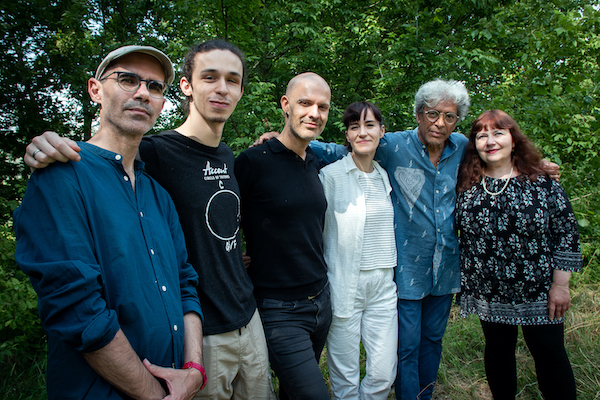
How did the idea for Scenes from the Dark Ages come about?
Basically, this project started a long time ago, having taken root in my childhood infatuation with medieval life. After immigrating to the United States, I was working in my MIDI studio and utilizing the rich possibilities of Kurzweil K-2000 sequencer and created a project that I called Medieval Symphony, where I mixed a medieval feel with prog-rock and fusion. This project represented my reincarnated childhood dream about medieval times—how I imagined them, according to illustrated fairy tales I used to read and love as a child.
I planned to release Medieval Symphony along with some other projects involving MIDI I’ve done in that period, but I started to realize that my solo efforts—where I played all of the instruments, including drums—lacked the live touch of real musicians. So, I left the project unreleased.
New, different projects followed, recorded with various jazz musicians. And finally, I thought about going back to my unreleased medieval project, to be recorded with a live band. I reworked all of the tunes from the original Medieval Symphony, added new material, and infused it all with jazz improvisation.
Infusing innovative elements into a Middle Ages framework is bold. What was the thought process that took traditionalism beyond expectations?
I always search for methods of musical expression which give me the opportunities to express myself as fully as possible. That’s how I’ve always composed my music–without concern about what style my music falls into but been led by my inner compass and taste.
For this record, I was compelled to write melodies that I thought were reminiscent of that era. I felt the music for these medieval scenes should reflect not the historic truth, but rather my own romanticized perception of it. While living could be hard then, people appreciated moments of joy and happiness the same way as we do now. I tried to convey this connection of times via the mixture of prog-rock, classical and modern jazz styles.
For the songs, were they mental concepts and perspectives to provide an aural representation of what you think culture and social life revolved around at the time or did you do research to further connect your vision to the times you encapsulate?
Some of my albums are based on the stories that I wrote for them, the latest of which was Lonely Man and His Fish (2023). For Scenes from the Dark Ages album, I studied some history and have also been reading a lot about various stages of Medieval times. I wanted to write the story for this album too, but I had impossible time fitting what I wanted to describe musically into single period of the Middle Ages. I envisioned Masquerade ball, but such were not in fashion until 17th century, way after last ‘Adventure of the knight’ happened during knight’s ‘Quest’. But then I realized that for a non-historian modern person, influenced by movies like “Conan the Barbarian,” “In the name of a Rose,” and “Game of Thrones,” and by fairy tales of Grimms Brothers and Hans Christian Andersen, all these Middle Ages blur into a single cumulative whole.
How did the Italian landscape influence these recordings?
When I came to Italy to record, the project was already finalized. But, of course, being surrounded by European with its cathedrals, museums, castles, and old architecture was very inspiring.
As you experimented with early musical instruments, how much preparation did it take to make this album?
For Scenes from the Dark Ages, I had to pre-record some organs, clavichords, celesta, harpsichord, and synth pads. No matter how many musicians are part of the project, it always takes from several months to almost a year for me to prepare the music, arrangements, lead sheets, and demos for the recording session. Musicians need to have all above at least two months prior to recording to have time to learn the music. At the final stage, I practice my own piano/keyboard parts and take final decisions about the tempos, structures, and adjust chords if necessary.
Did Scenes from the Dark Ages get you out of your comfort zone? What challenges did you face when trying to push structure into a new territory?
I was very much in my comfort zone preparing and recording this album. In my late teens, I played in a prog-rock band, which infused my composing with prog-rock idioms. I had encountered modern European jazz much later in life. I am proud to say that I have—what is called by reviewers—‘a chameleonic ability’ to gather bands of musicians of various styles to create music with wide scope of stylistic references.
Diving into the progressive rock genre is like coming full circle. Why explore these sonic attributes at this time in your career. What led you back to the genre?
“Coming full circle” is cleverly noted. Indeed, starting in classical music world, then acquiring rock, then traditional jazz, then steering into contemporary and free jazz, and then coming again into spheres of prog-rock, makes it almost a full circle. Almost, because in practice it’s more like the next turn of a spiral—due to many new sonic attributes I acquired along the way. To answer the question ‘why’ I did it is not something that I know; I guess, I just felt like I’m ready to expend onto the prog-rock universe once again, because I am always looking for ways to evolve and to try new things.
What surprised you as this album came together?
After releasing over 20 critically acclaimed albums in the last 15 years, it probably shouldn’t surprise me anymore how well the musicians, both whom I’ve already worked with before and those who I first met in person in recording studio, handle my structure that is full of rapid chord changes.
All band members displayed professionalism, talent, and a high level of musicianship. I was very happy about the intuition and inspired performance of each musician, as well as solidarity and a natural tightness of the band as a whole.
What is it about medieval history that attracted you the most?
I was always trying to understand how people lived and perceived their world at the times when distant travel was not possible and the only way of communication was either in person or by mail.
The world must have seemed so much smaller to Medieval people—to counts, peasants, and other simple folk. I often tried to imagine how my life would have been if I was born during these times.
As a child, I dreamt about it often. Now, as an adult, I am not so sure. However, lately Medieval Ages seem like a good place to escape incessant bombardment of (mostly bad) news and an overload of information. 😉
What can you take from this experience and use it as momentum for growth as a musician?
I have spent the past decade working with the European jazz musicians. I thoroughly enjoyed it, and we recorded some highly acclaimed albums, but I am happy to report that this ‘momentum’ for continuing in this new direction is gathering full steam now.
The joy I derived from recoding this album and the awesome feedback I am receiving from my old and newly acquired fans drive me to follow up on these footsteps. In fact (spoiler alert) I will be recording a similar (but in some ways very different) project this fall.
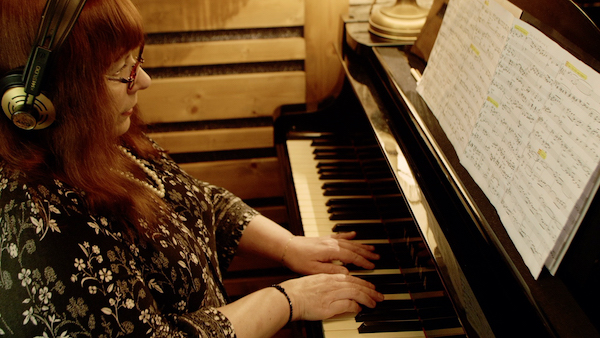
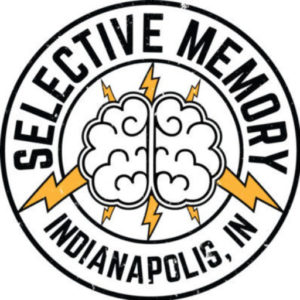
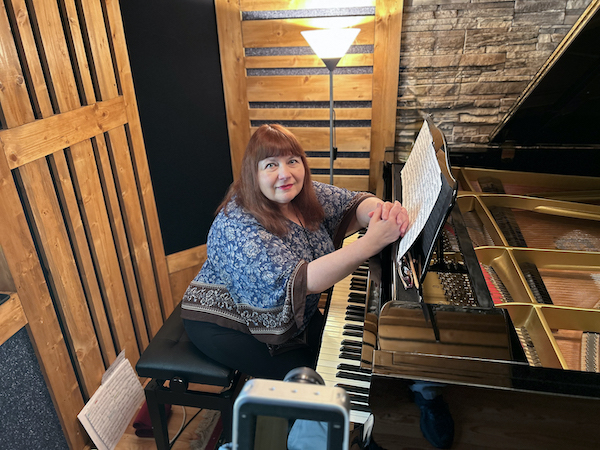
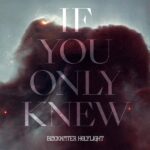
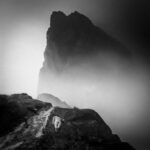
No Comment! Be the first one.